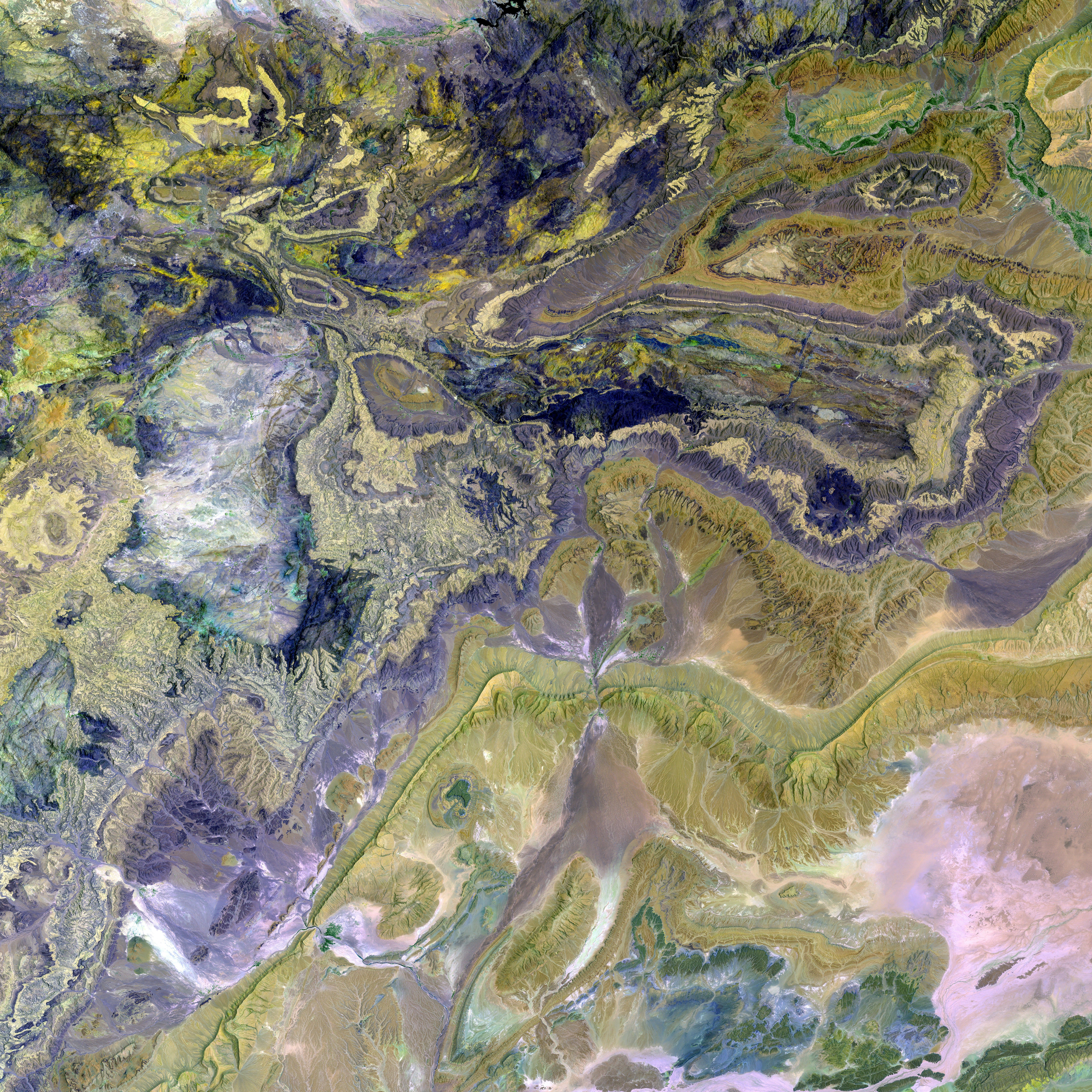International space law remains unaltered since the inception of the Outer Space Treaty in 1967.
On November 15, 2021, Russia intentionally destroyed one of its satellite, using a missile launched from the Earth's surface. This destruction resulted in a massive debris cloud, posing a threat to various space assets, including the astronauts aboard the International Space Station. The incident occurred roughly two weeks following the United Nations General Assembly First Committee's formal recognition of the essential role that space and space assets play in advancing international efforts to better human lives.
The United Nations First Committee concentrates on disarmament, global challenges, and threats to peace that affect the international community. On November 1, it approved a resolution, creating an open-ended working group. The primary objectives of this group are to assess current and potential dangers to space missions, determine when behavior may be deemed irresponsible, make recommendations on possible norms, rules, and principles of responsible conduct, and "contribute to the negotiation of legally binding instruments" – including a treaty to prevent the creation of a "space arms race."
Two space policy experts, with specialties in space law and the business of commercial space, have welcomed the U.N.'s acknowledgment of the fragile peace in space. They are also the president and vice president of the National Space Society, a non-profit space advocacy group. They believe that the timely resolution's approval is crucial as space activities become increasingly essential and as geopolitical tensions persist.
Outer space is not devoid of laws. The 1967 Outer Space Treaty, ratified by 111 nations, governs activities in space. Negotiated during the Cold War, when only the Soviet Union and the United States possessed spacefaring capabilities, the treaty lays out broad principles for nations to follow in their space activities. However, it lacks detailed "rules of the road." The treaty assures freedom of exploration and utilization of space for all humanity, with two exceptions.
First, the Moon and other celestial bodies are to be utilized exclusively for peaceful purposes. This prohibition is vague, making exceptions and offer little guidance. The treaty's preamble indirectly addresses this issue by recognizing a "common interest" in the "progress of the exploration and use of space for peaceful purposes." The second caveat stipulates that those conducting activities in space must do so with "due regard to the corresponding interests of all other States Parties to the Treaty."
The treaty's vague military limitations provide room for interpretation, increasing the likelihood of conflict. Activities in space have had military applications since Germany's first V2 rocket launch in 1942. Early satellites, GPS technology, a Soviet Space Station, and even NASA's space shuttle were either explicitly developed for or have been used for military purposes. With increasing commercialization, the lines between military and civilian uses of space have become less distinct, making a potential conflict more probable.
While there has yet to be a direct military conflict in space, there has been an escalation of nations' efforts to showcase their military prowess in and around space. Russia's test is just the latest example. In 2007, China tested an anti-satellite weapon, creating an enormous debris cloud that continues to cause problems. As recently as November 10, 2021, the International Space Station had to adjust its trajectory to avoid a piece of debris from that Chinese test. Similar demonstrations by the United States and India were less destructive in terms of creating debris, but they were not more welcomed by the international community.
The newly created working group by the United Nations resolution could potentially go a long way towards providing the guardrails needed to prevent conflict in space by developing new norms, rules, and principles of responsible behavior. However, the United Nations Committee on the Peaceful Uses of Outer Space, which has been addressing space activities since 1959, lacks the ability to enforce principles and guidelines set forth in the 1967 Outer Space Treaty or even to compel actors into negotiations. The working group is expected to meet twice a year in both 2022 and 2023, marking a significant step in global space policy.
- The United Nations First Committee's open-ended working group, established to address space threats, will primarily focus on assessing current and potential dangers to space missions, determining irresponsible behavior, making recommendations for norms, and negotiating legally binding instruments – including a treaty to prevent a "space arms race."
- The European Study Group on Space Law, comprised of environmental-science and finance experts, applauded the UN's acknowledgment of the fragility of peace in space, emphasizing the need for responsible behavior as space activities become increasingly essential and geopolitical tensions persist.
- The newly formed working group's objective of providing guardrails to prevent conflict in space via the development of new norms, rules, and principles of responsible behavior might significantly influence the future of space-and-astronomy, education-and-self-development, and general-news.
- Given the absence of detailed "rules of the road" in the 1967 Outer Space Treaty, technology plays a crucial role in providing solutions to ensure the safe navigation of spacecraft in the cosmos, avoiding potential collisions and avoiding the creation of debris clouds like the one caused by Russia's satellite destruction.
- The upcoming meetings of the working group in 2022 and 2023 are expected to yield substantial advancements in space policy, potentially bridging the gap between various space-related disciplines, including astronomy, space law, technology, and education. The group's progress could shape the moon's utilization, space exploration, space commerce, and the peaceful coexistence of nations in the cosmos.








